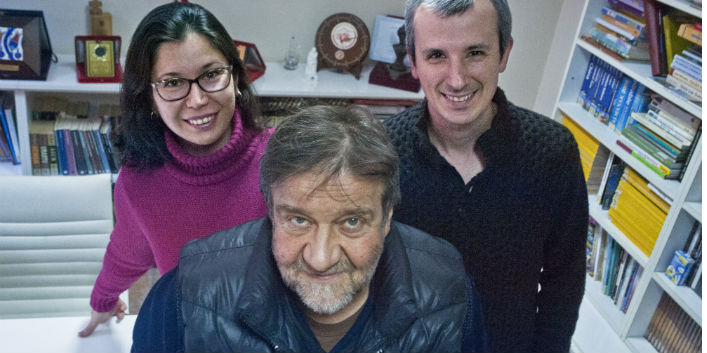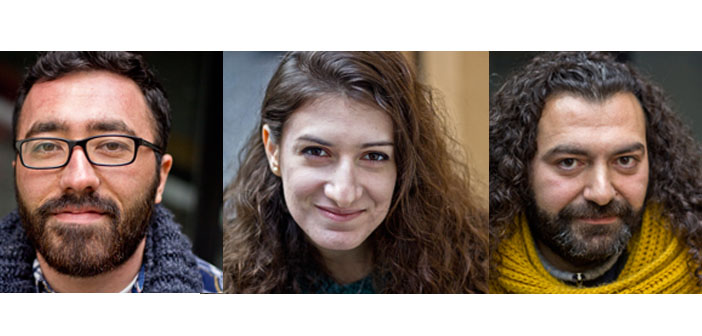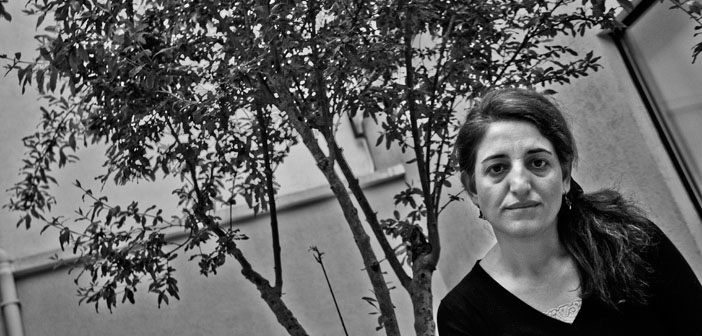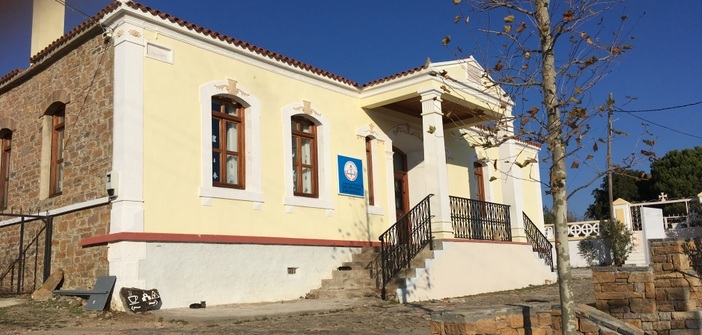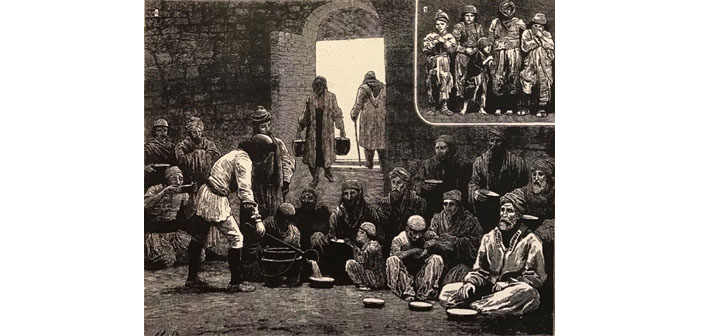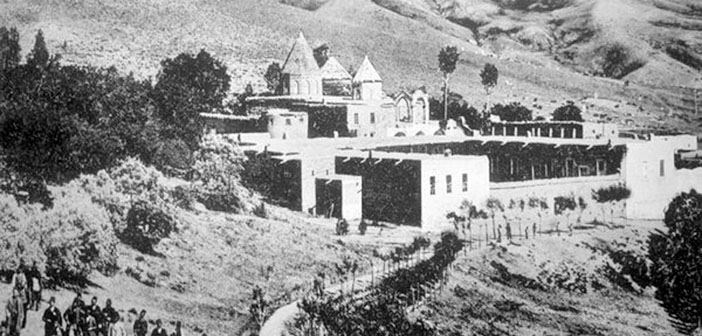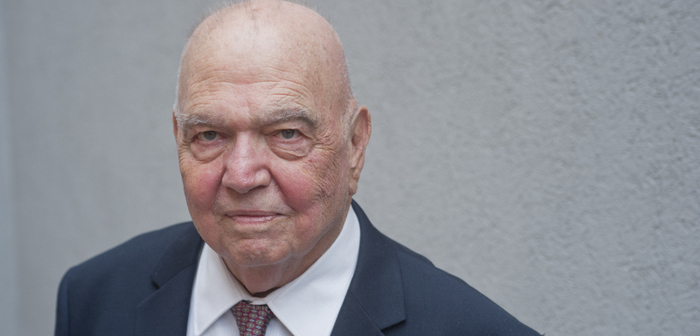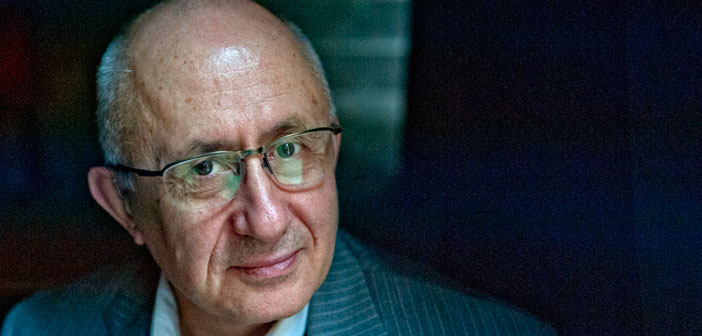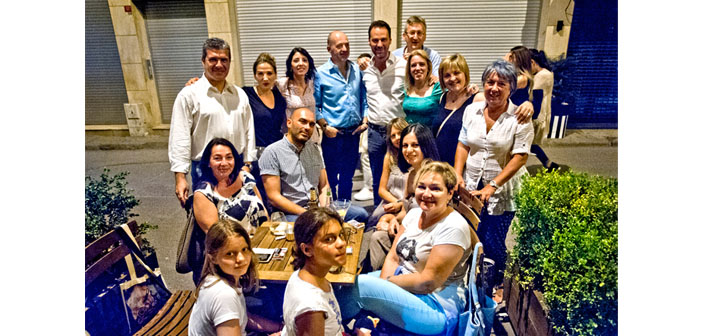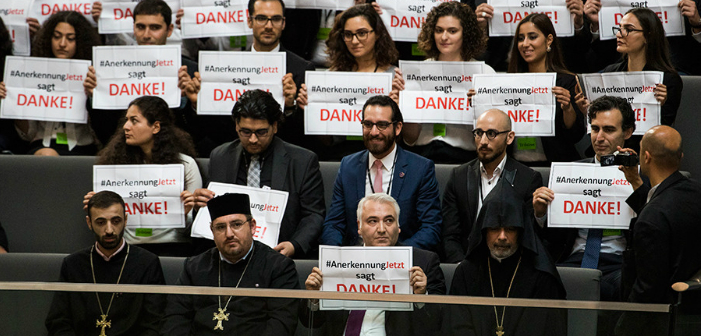SPECIAL REPORTS
May bees without borders set an example to people
The documentary titled “Bees without Borders”, which was shot in the villages along Turkish-Armenian border, tells the story of beekeeping activities on the both sides of the border. The difficulties that these people on different sides of the border experience are almost the same and they all dream about opening of the border. Coşkun Aral, Müge Aral and Batuhan Tunçer tells about the document.
Fellows knowing and introducing Turkey by producing
Hrant Dink Foundation's Turkey-Armenia fellowship program sponsored by the EU encourages the professionals from the neighboring country to form cross-border cooperation networks since 2014. Armen Ohanyan (Hayastantsi), Maria Yeghiazaryan and Artsrun Pivazyan, who came to neighboring Turkey for new experiences thanks to the fellowship program, shared their experiences.
Armenians of Diyarbakir longing for Surp Giragos
The discrimination that Stephan Yepremyan has been subjected for trying to maintain his culture and the torments that Hangül Özbey went through because of her Kurdish and Armenian identity reveal the suffering caused by being an Armenian of Diyarbakir.
Back to homeland: ‘New locals of Imroz’
In the last 2 years, 15 families from Thessaloniki, Athens and Crete settled in their ancestral land Imroz. We met these “new locals” of Imroz, who are trying to build a new life and sending their children to the newly-established Greek schools on the island.
Plunder, Famine and Destitution: The Figure of the Beggar from Van
Vazken Davidian made a presentation at “Van and the Region” conference organized by Hrant Dink Foundation and tried to provide an insight to the relationship between Ottoman Empire and Ottoman Armenians in a time of complicated ideological transformations. Here is a broad summary of the presentation by Davidian, who says that “The Figure of the Beggar from Van personified the economic wretchedness and misery of Ottoman Armenia on the streets and the hans [slums] of the imperial capital.”
“Van was the epicenter of the earthquake of genocide”
“The Social, Cultural and Economic History of Van and the Region” conference organized by Hrant Dink Foundation was held in Anarad Hığutyun building on November 11 and 12. We talked to Dr. Yektan Türkyılmaz, who was the keynote speaker of the conference, about Van's importance in Armenian and Ottoman history.
“Armenian genocide concerns the whole humanity”
Richard Hovhannisian, who is a prominent figure in Armenian historiography, came to Istanbul for attending “The Social Cultural and Economic History of Van and the Region 1850-1930” conference organized by Hrant Dink Foundation. We talked to him about his recently-published book and his studies on the genocide.
Are “Talat Pasha Telegrams” real?
Prof. Dr. Taner Akçam, in his recent book, published the memoirs of Naim Bey, who played an important part in the historiography of the Armenian Genocide and whose existence had been denied. With this book, Prof. Akçam responded the claims and broke a new ground in the historiography of the Armenian Genocide.
Greeks settling into Turkey is like a shot in the arm for Greek community in Turkey
The number of people migrating to Istanbul from Greece increases day by day. It is estimated that around 800 Greek immigrants live in Istanbul. There is a platform called “Hava Baba”, which is founded by those immigrants. We spoke to Marina Drymalitou, the chair of Association for the Support of Greek Community Foundations in Turkey (RUMVADER) about the problems with Greek immigrants and their expectations.
“Bundestag's resolution may open the eyes of many Germans, including those of Turkish origin”
We addressed two questions to two people, historian and former editor of Der Speigel Wolfgang Gust and historian Eric Weitz from City University of New York, who have been researching German complicity to the Armenian Genocide for many years.


